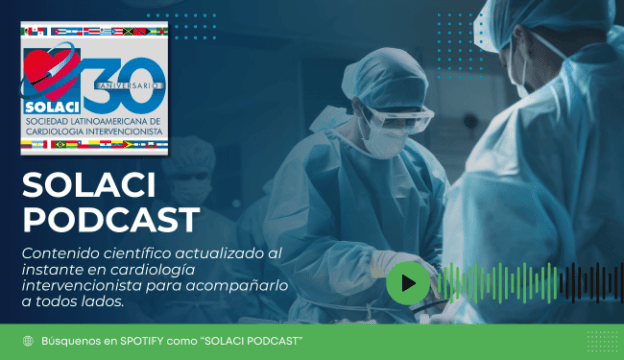At 10 years of the Melody Investigational Device Exemption we can observe this device for transcatheter pulmonary valve replacement might be a lifetime fix, both to extend the useful life of previously implanted right ventricular outflow tract (RVOT) conduits or bioprosthetic pulmonary valves.

Patient enrollment for the US Investigational Device Exemption study of the Melody valve began in 2007 and was completed in 2020.
The primary end point was freedom from reoperation, reintervention, moderate or severe pulmonary regurgitation, and/or mean RVOT gradient >40 mm Hg. Secondary end points included stent fracture, catheter reintervention, surgical conduit replacement, and death.
171 patients were enrolled and 150 underwent Melody TPV replacement, mean age 19 years followed up for mean 8.4 years.
At 10 years, estimated freedom from mortality was 90%, from reoperation 79%, and from any reintervention 60%.
Read also: Is the Booster Dose Against COVID-19 Effective for All Ages?
Ten-year freedom from TPV dysfunction was 53%, and a significantly shorter rate was observed in children vs. young adults.
Endocarditis rate resulted 10% at 10 years with an annualized rate of 2% per patient/year.
Conclusion
Ten-year outcomes from the Melody Investigational Device Exemption trial could be the answer to lifetime management of congenital cardiomyopathy patients with RVOT conduits and bioprosthetic pulmonary valves. It provides sustained symptomatic as well as hemodynamic improvement.
Original title: ong-Term Outcomes After Melody Transcatheter Pulmonary Valve Replacement in the US Investigational Device Exemption Trial.
Reference: Thomas K. Jones et al. JACC Cardiovasc Interv. 2022 Jan 10;15(1):93-104. doi: 10.1016/j.jcin.2021.09.004.
Subscribe to our weekly newsletter
Get the latest scientific articles on interventional cardiology





